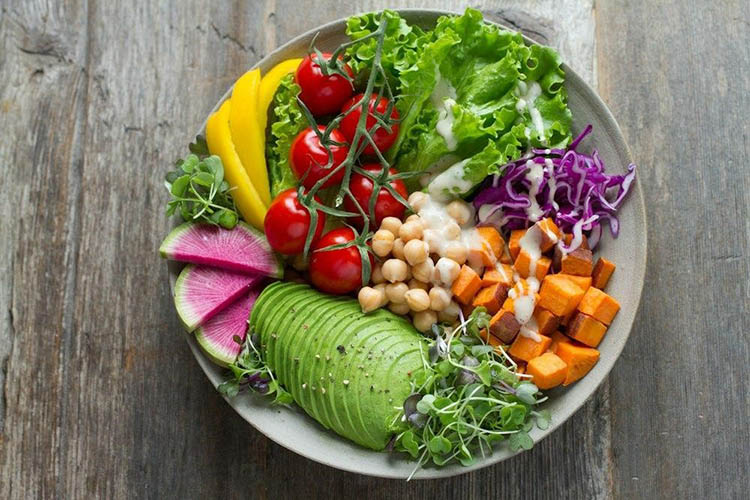
Nutrition for Optimal Health: Building a Balanced Diet for Long-Term Well-Being
A healthy body and mind come from optimal nutrition. When your body gets the essential nutrients it needs for full nourishment, you feel happy, charged, and motivated in your daily life. However, a busy work life can make it difficult for some people to keep up with their nutritional needs.
If you are caught in the same cycle, we can help you build a balanced diet for long-term well-being. Let’s dive into the details to know how you can achieve nutrition for optimum health.
How to Build a Balanced Diet for Healthy Living?
Building a balanced diet for long-term healthy living starts from gaining knowledge about foods and their benefits. The following strategpes should help you come up with a good diet plan:
Include a Variety of Nutrient-Dense Foods
Aim to include a wide variety of nutrient-dense foods in your diet, such as fruits, whole grains, vegetables, and healthy fats. These foods provide important minerals, vitamins, antioxidants, and phytonutrients that support overall health and vitality.
Aim for Fruits and Vegetables
Fill half your plate with colorful fruits and vegetables at each meal. These plant-based foods are rich in fiber, vitamins, minerals, and antioxidants, which promote digestive health, support immune function, and reduce the risk of chronic diseases.
Consider Whole Grains
Opt for whole grains such as brown rice, quinoa, oats, barley, whole wheat bread, and pasta. Whole grains provide fiber, B vitamins, and minerals and help regulate blood sugar levels, promote satiety, and support heart health.
Include Lean Proteins
Incorporate lean protein sources into your diet, such as poultry, fish, tofu, beans, lentils, eggs, and low-fat dairy products. Protein is essential for building and repairing tissues, supporting muscle health, and maintaining a healthy metabolism.
Include Healthy Fats
Include sources of healthy fats in your diet, such as avocados, nuts, seeds, olive oil, and fatty fish like salmon and sardines. These fats provide essential fatty acids, such as omega-3 and omega-6 fatty acids, which support brain health, heart health, and inflammation regulation.
Limit Refined Carbs and Added Sugars
Minimize consuming foods and beverages high in added sugars, such as sugary drinks, desserts, candies, and processed snacks. Also, reduce your intake of refined carbohydrates like white bread, white rice, and sugary cereals, which can spike blood sugar levels and contribute to weight gain and chronic diseases.
Moderate Your Sodium Intake
Be mindful of your sodium intake and limit consumption of high-sodium processed foods, canned soups, sauces, and snacks. Consider fresh or minimally processed foods and use herbs, spices, and other flavorings to enhance the taste of your meals without relying on excess salt.
Stay Hydrated
Drink plenty of water throughout the day to stay hydrated and support overall health and well-being. Limit consumption of sugary beverages and alcohol, which can contribute to dehydration and empty calories.
The Takeaway
The above steps can help you prepare a balanced diet plan for healthy living. If you have allergies, consulting a dietitian for suitable food alternatives may be your ideal option.
